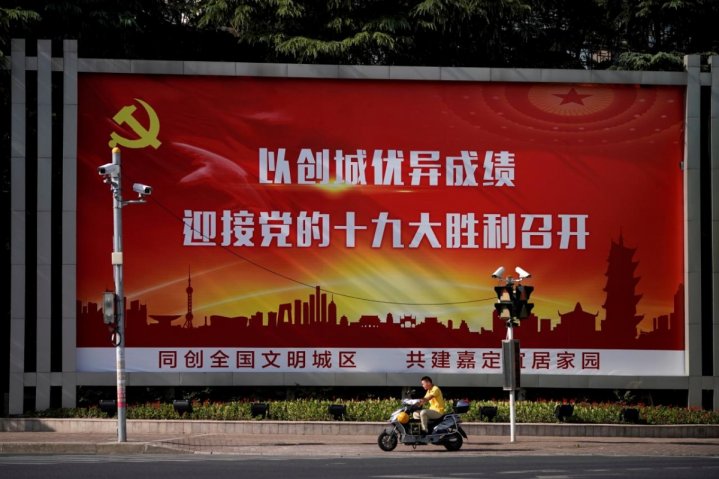
As the 19th National Congress of the Communist Party of China is coming closer, the government is making the Internet rules more stringent in the country. Recently, WhatsApp has been banned in in the People's Republic of China.
As per a report by BBC, users have been facing trouble with the messaging app since a week. While sometimes the app was working, at times it could only be accessed via virtual private networks (VPN), which circumvent China's infamous internet firewall.
WhatsApp is the only product of the social media giant Facebook, that was allowed to operate in mainland China. Other services of the company, including its social media site and image sharing app Instagram, are not available on the mainland.
As reported by the publication, WhatsApp messaging service started going offline more than a week ago. On Tuesday, a test showed that Chinese users were unable to send video messages or photographs to people outside China via the app. The disruption follows restrictions on WhatsApp video chats and photographs in July, which were later lifted.
Previously, the Chinese government had restricted people from having video chats and sending photographs via WhatsApp in July, however, it was lifted after a while.
Also Read: Yota3 is finally here, officially launched in China
"The run-up period to a gathering is a normally a time of greater restrictions of all kinds to assure that the critical Party Congress is held under ideal social conditions and is not disrupted", Robert Lawrence Kuhn, China's long-time advisor to leaders and multinational corporations told the BBC.
He also mentioned that it is not clear whether or not this recent restriction on WhatsApp in China will be relaxed in the future.
As per the cybersecurity experts, it's most likely that WhatsApp came under the radar of the Chinese government due to the app's strong reputation for security, reported BBC. The app provides end-to-end encryption, which makes sure that no one, other than the sender and recipient, can view the content of messages on its platform. It even prevents Facebook, the owner of the app, from knowing what is being said in any text, voice and video conversation in the app.
This latest disruption to WhatsApp, right now, appears to be a part of a larger crackdown on the Internet and online content in China, as per the report. On Monday, China's cyber watchdog has also imposed severe penalties on some of the top technology firms in the country, including Tencent, Baidu and Weibo, for failing to properly censor online content.









